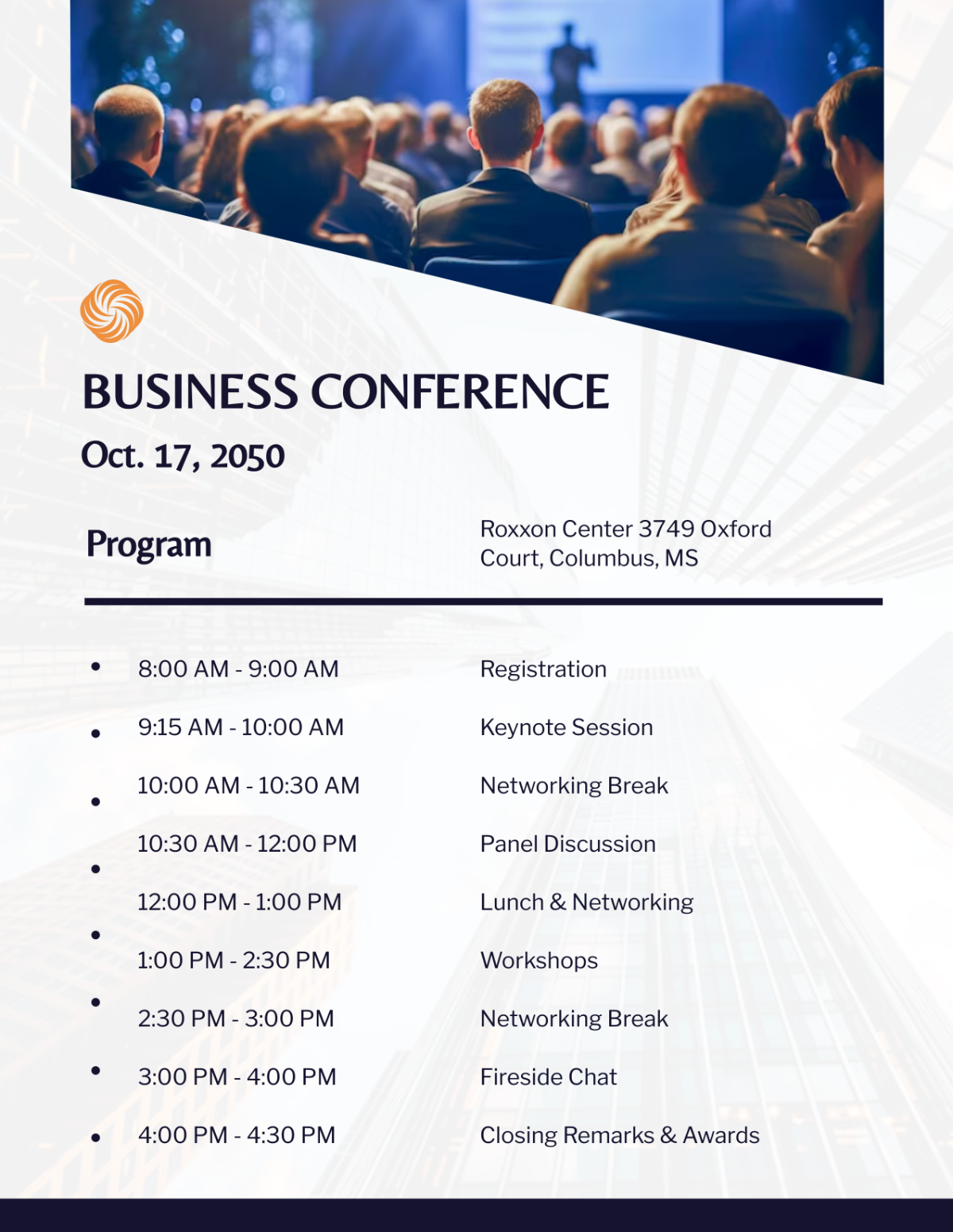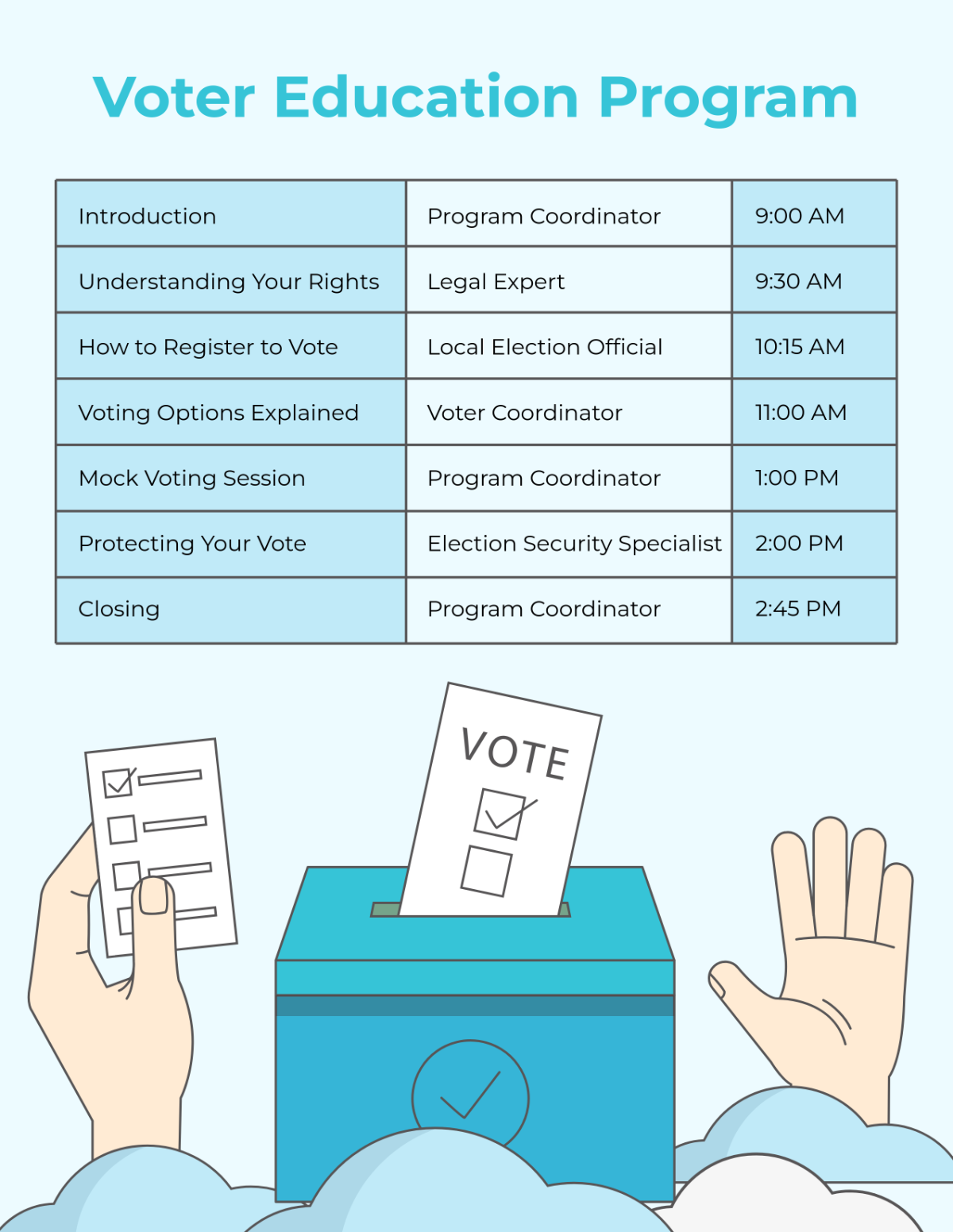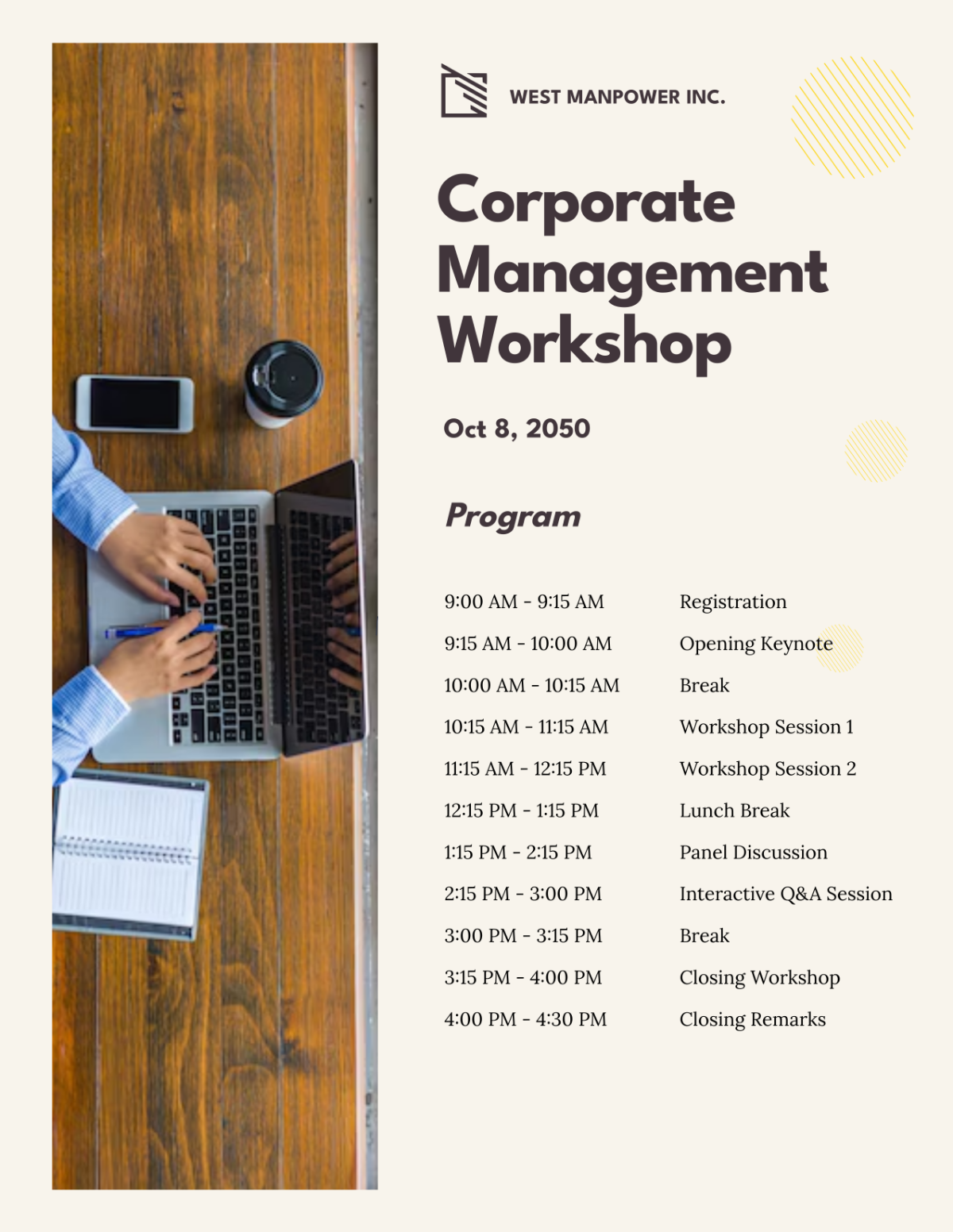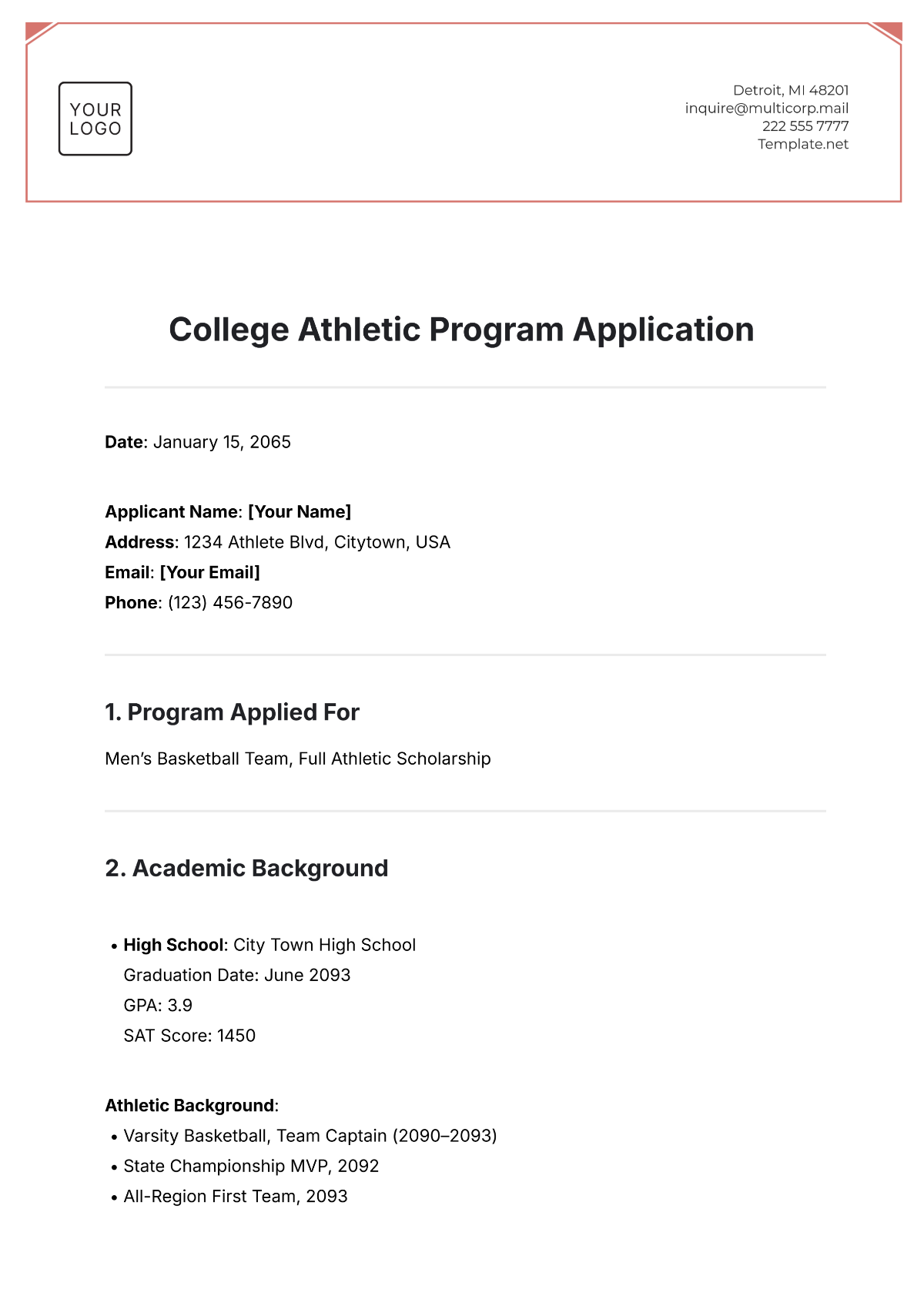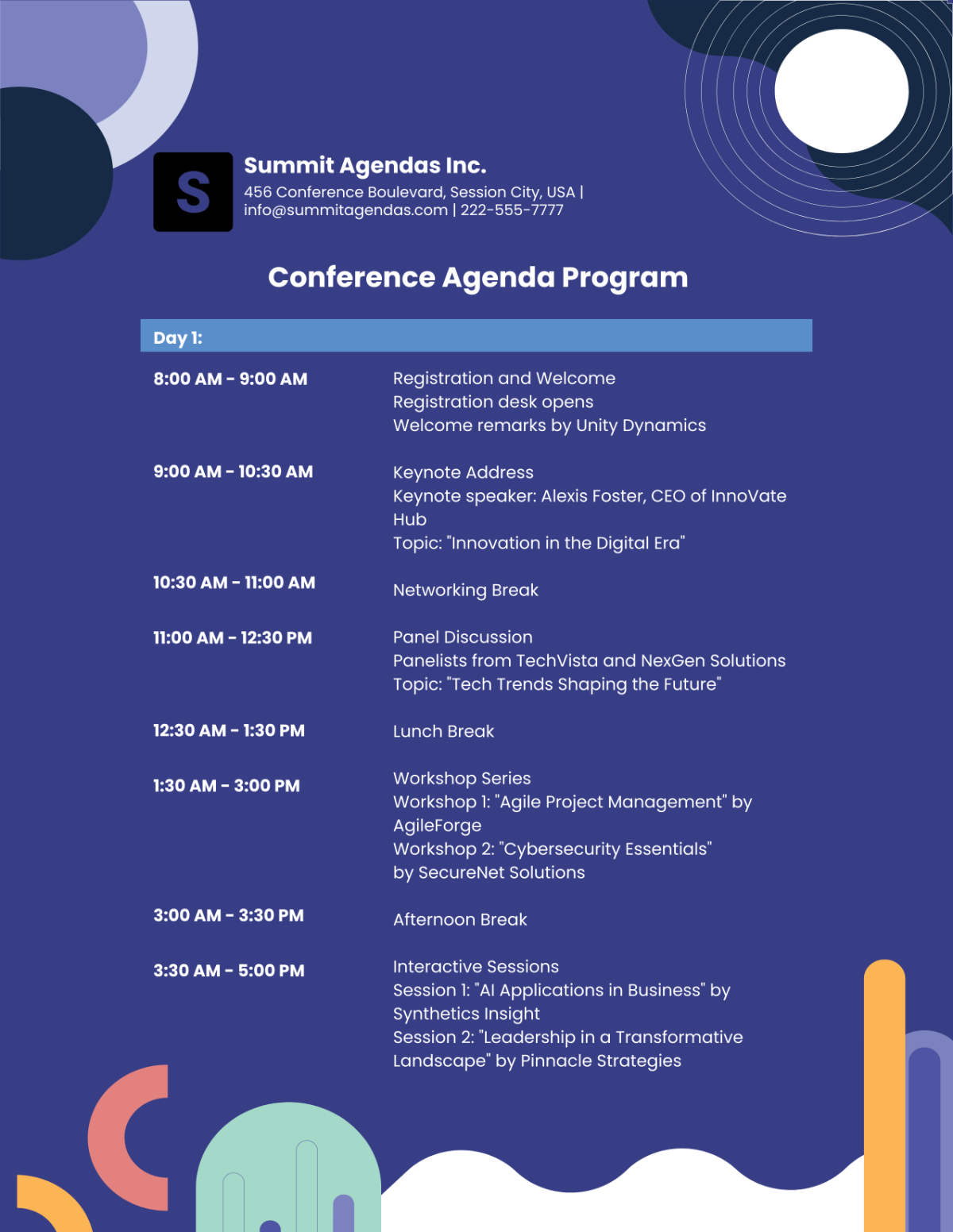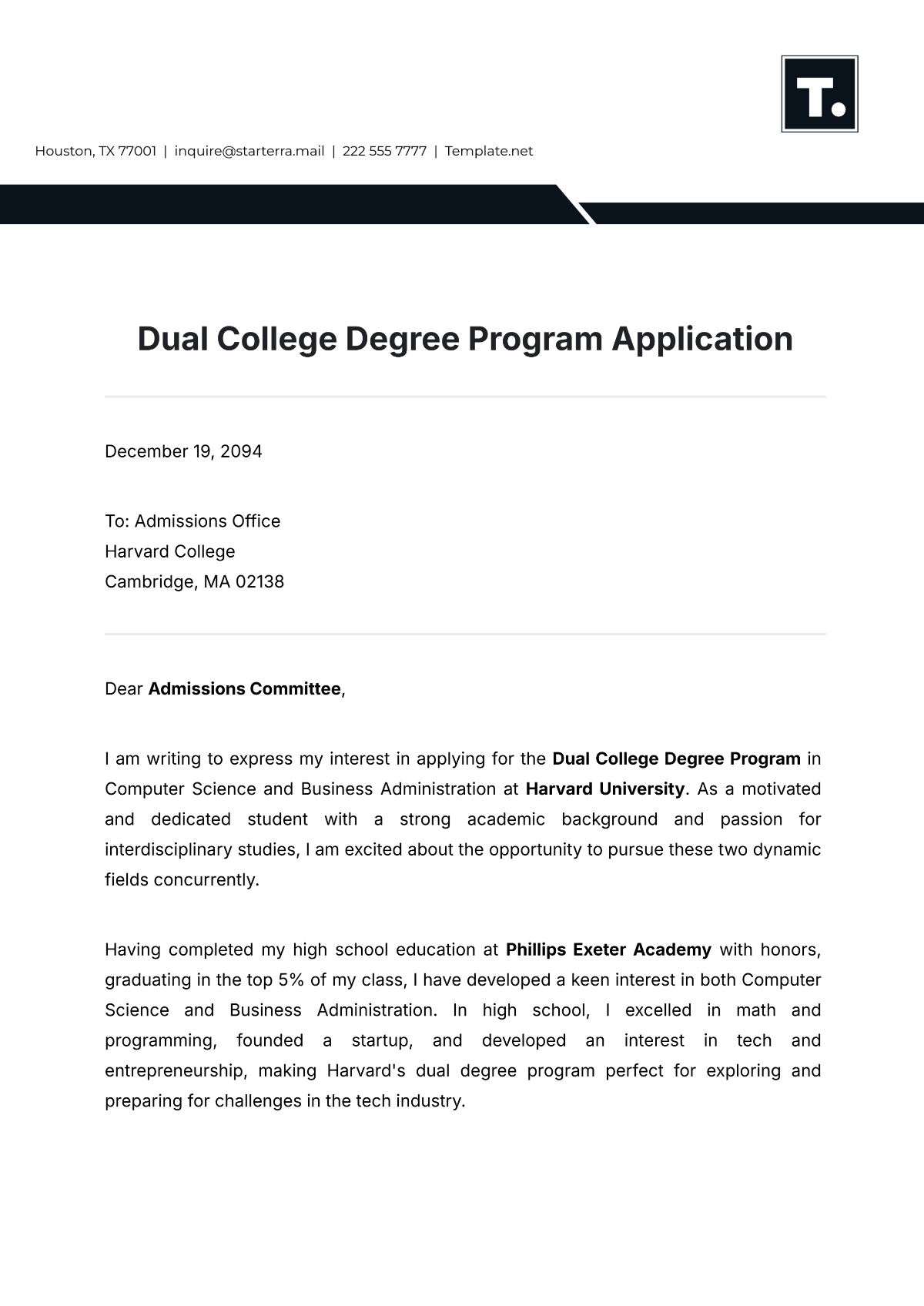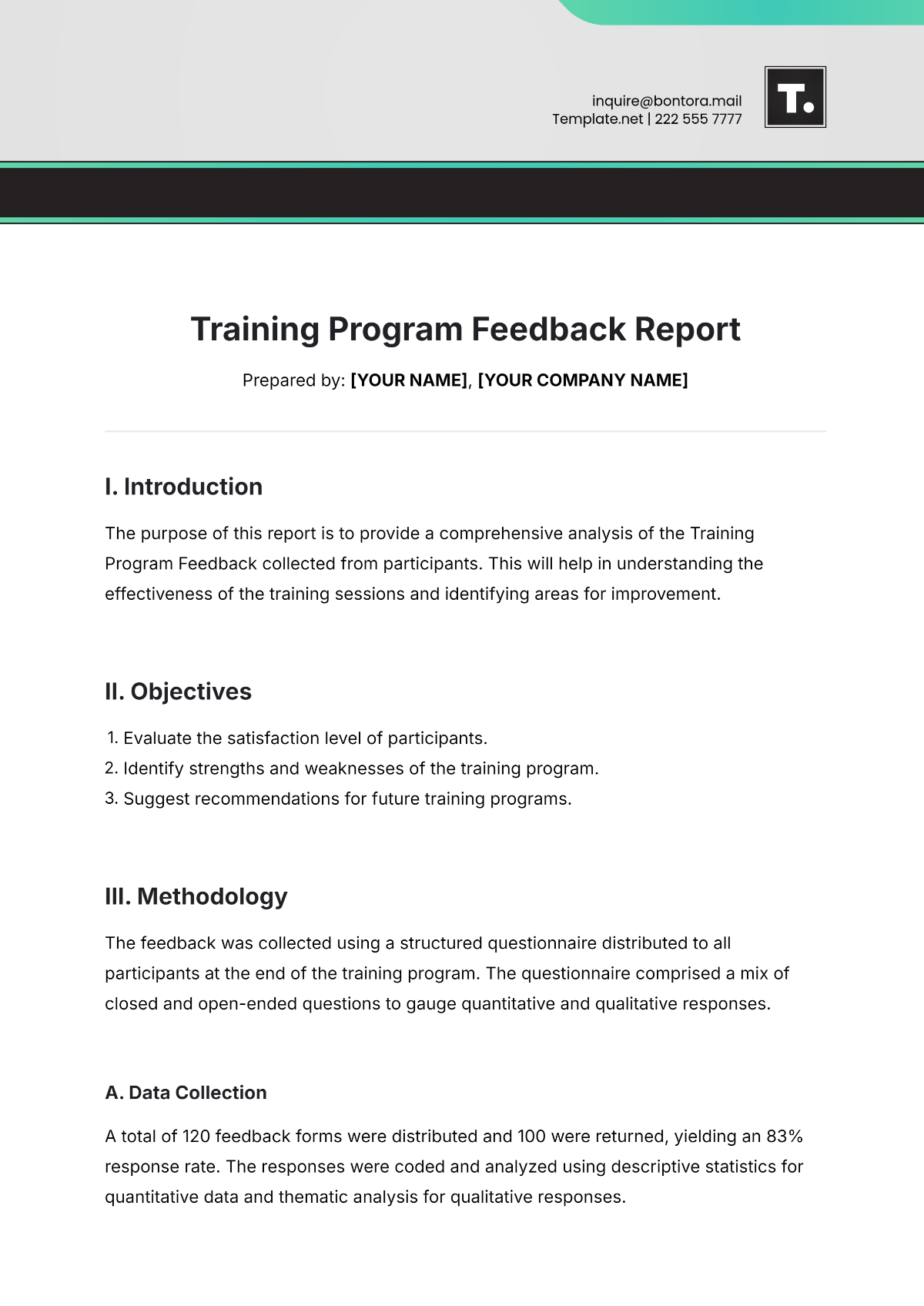Finance Billing Program Plan
I. Executive Summary
A. Overview
In today's dynamic business landscape, efficient financial management is critical for sustained success. This plan is designed to streamline our billing processes, reduce errors, and enhance financial transparency. By optimizing our invoicing system, we aim to improve cash flow management and foster positive client relationships.
B. Objectives
The primary objectives of this program are to:
Reduce billing errors by 20% within the next fiscal year.
Improve invoicing timeliness, with 95% of invoices sent within three days of transaction completion.
Enhance overall financial transparency through standardized invoicing and reporting.
II. Organizational Context
A. Business Overview
Our organization operates in the technology solutions sector, providing cutting-edge services to a diverse clientele. With an annual revenue of $50,000,000, the efficient management of our billing processes is crucial for sustaining our financial health. Accurate and timely invoicing is fundamental to our commitment to excellence in customer service.
B. Market Dynamics
Analyzing current market dynamics reveals increasing demand for innovative technology solutions and heightened competition in our sector. Clients are increasingly demanding seamless and transparent financial transactions. This billing program aligns with our commitment to meeting and exceeding these expectations, ensuring our billing practices remain at the forefront of industry standards.
III. Roles and Responsibilities
A. Finance Manager
Oversee the entire finance billing program, ensuring alignment with organizational goals.
Provide strategic direction for continuous improvement in billing processes.
Ensure compliance with financial regulations and industry standards.
B. Billing Coordinator
Manage day-to-day invoicing operations, including invoice creation and distribution.
Collaborate with relevant departments to obtain accurate transaction data for invoicing.
Address client inquiries regarding billing matters promptly and professionally.
C. IT Systems Administrator
Maintain and update the billing systems and related technological infrastructure.
Implement software upgrades and troubleshoot any system issues.
Collaborate with the finance team to integrate new technologies that enhance billing efficiency.
D. Compliance Officer
Stay abreast of changes in financial regulations and industry compliance standards.
Conduct regular audits to ensure adherence to billing policies and legal requirements.
Provide guidance on compliance-related matters within the billing program.
E. Customer Relations Specialist
Communicate with clients regarding invoicing, payment terms, and dispute resolution.
Gather client feedback to identify areas for improvement in billing processes.
Collaborate with the billing coordinator to address client concerns and enhance satisfaction.
F. Data Analyst
Analyze billing data to identify trends, anomalies, and opportunities for optimization.
Generate regular reports on billing performance and key financial metrics.
Provide insights to the finance manager for data-driven decision-making in billing strategies.
IV. Billing Systems and Technology
Managing our billing systems and leveraging advanced technology is pivotal to the success of our program. The table below outlines key components and responsibilities related to our billing systems and technological infrastructure:
Item | Description | Responsibility |
Invoicing Software | Implementation of a cloud-based invoicing tool | IT Systems Administrator ensures software functionality |
The choice of invoicing software directly impacts the speed and accuracy of our billing operations. A cloud-based solution allows for real-time access, collaboration, and data storage, ensuring that our team can work seamlessly and that clients receive invoices promptly. The IT Systems Administrator plays a vital role in maintaining and optimizing this tool to align with our organization's evolving needs. By investing in robust billing systems and technology, we position ourselves to deliver a superior and reliable service to our clients, reinforcing our commitment to excellence in financial management.
V. Budget
Implementing and maintaining an effective billing program requires careful financial planning. This table below outlines the estimated budget for the program, covering key expenses related to technology, training, and ongoing maintenance:
Category | Estimated Cost | Responsible Party |
Invoicing Software | $25,000 | Finance Manager |
The estimated budget includes costs for essential components for the effective implementation and maintenance of our program. The Finance Manager oversees the overall budget, ensuring that allocated resources align with the program's goals. The responsible parties ensure oversight and management of each expense category. Overall, this budget ensures that the program is adequately funded for successful implementation and continued effectiveness.
VI. Timeline and Implementation
Efficient execution of the Finance Billing Program requires a well-defined timeline and implementation strategy. The table below outlines key milestones and the responsible parties involved in implementing various aspects of the program:
Milestone | Start Date | End Date | Responsible Party |
Software Procurement and Integration | 01/15/2089 | 02/15/2089 | IT Systems Administrator |
Having a well-defined timeline and implementation plan is paramount for the successful execution of the program. Timely software procurement and integration are essential for initiating the program successfully. The IT Systems Administrator plays a pivotal role in this phase, ensuring the seamless implementation of the chosen invoicing software. This milestone sets the foundation for subsequent steps in the program, such as data encryption, staff training, and system integration. In essence, the timeline and implementation plan are indispensable tools for achieving the program's objectives in a structured and efficient manner.



